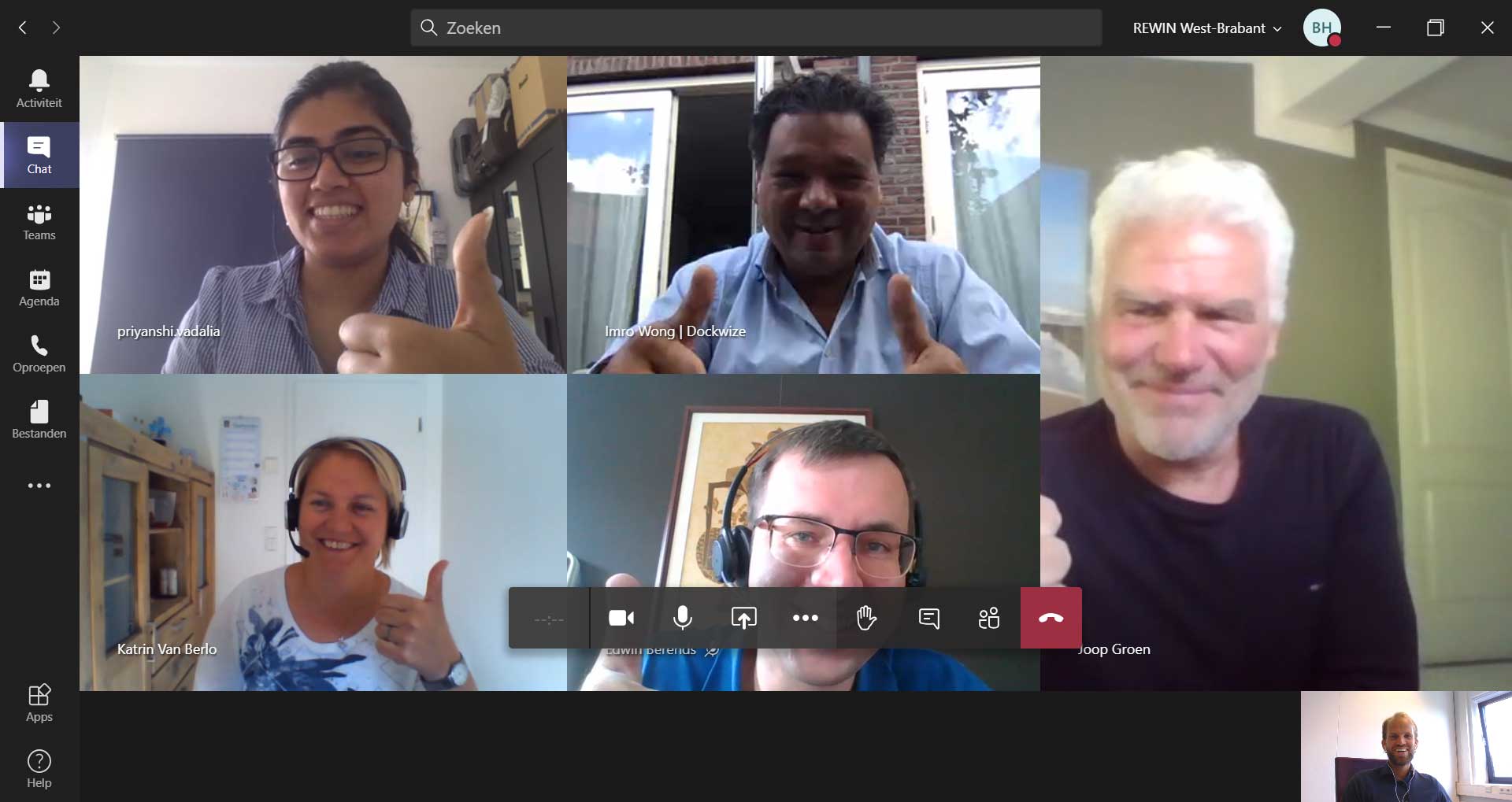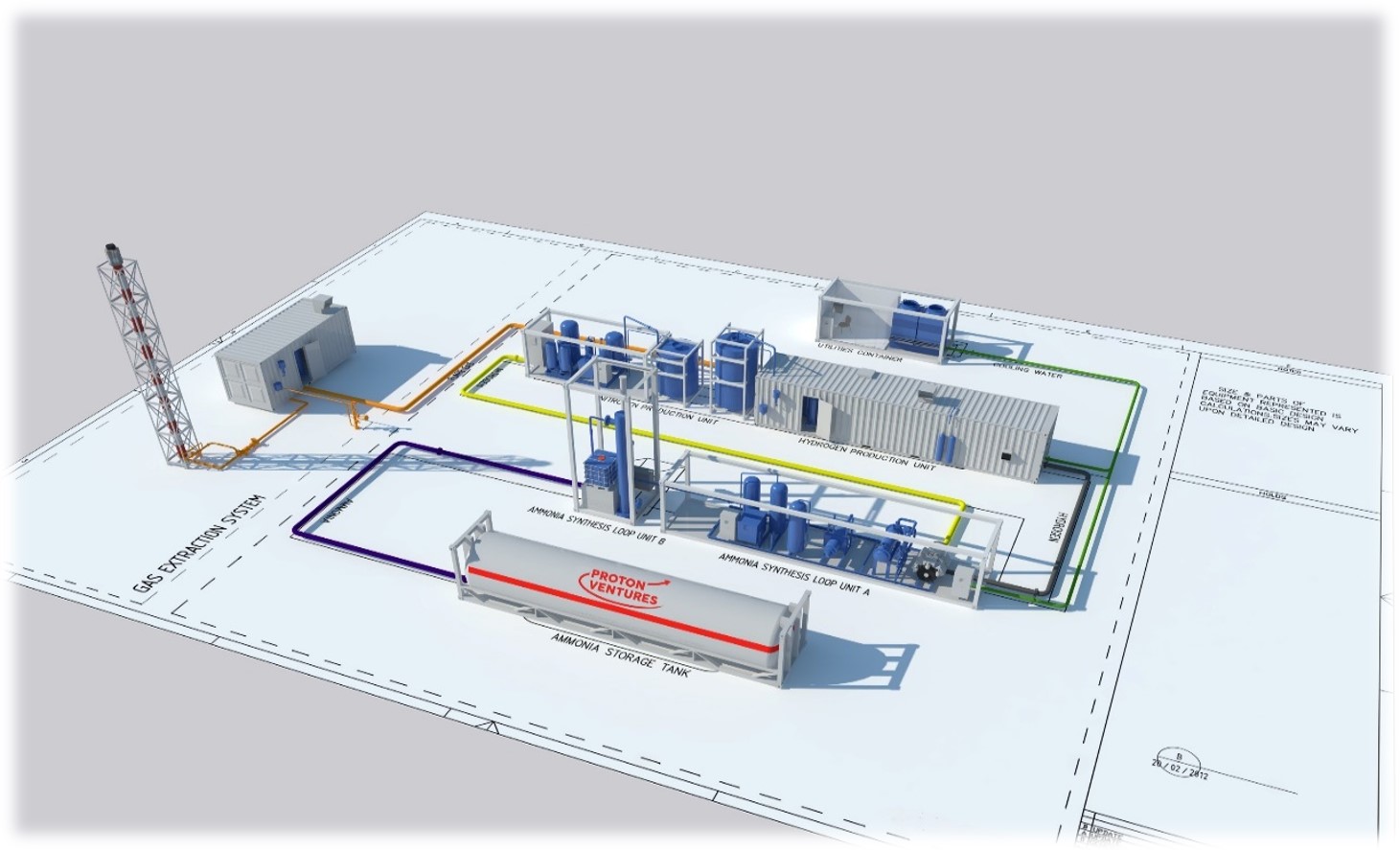BioVoice brought dozens of start-ups and SMEs in contact with large, established companies this year to solve innovation issues in creative and innovative ways. Capi Europe, Cargill, Cosun, Dow, Lamb Weston/Meijer and SABIC collectively issued 16 challenges to which they received no less than 85 responses, not only from the Netherlands, but also from other countries, such as Britain, Italy, Germany and Russia. Twelve entrepreneurs were selected to further elaborate their project proposals and for ten entrepreneurs there is an opportunity for collaboration with the Challengers outside BioVoice.
‘It is a fun and well-organised way of promoting outside-in innovation,’ says Edwin Berends, Business Development Manager Bio-Industrial at Cargill and Challenge Owner of the ‘Industrial Applications of Wheat Protein’ challenge. ‘Through BioVoice you come into contact with entrepreneurs that you otherwise likely would not have met and you have the opportunity of exploring their ideas in-depth. I am amazed at how much creativity there is out there in relation to the products we manufacture daily and for which we are looking for new applications.’
Puzzle
In this case, four entrepreneurs responded to Cargill’s challenge, of which three were selected. Berends emphasises that the companies are entirely different in terms of their stage of development, as well as their approach and the expected time to market. ‘Sometimes figuring out how promising an innovation really is is quite a puzzle.
Circular Matters, for example, makes bio-composites from wheat protein using conventional technology that now for the first time is applied in 3D. The Italian company AEP Polymers uses it as a raw material to manufacture biobased resins. And the Indian chemical technologist Priyanshi Vadalia (CatOlyst Chemtech), who last year completed her studies at TU Delft, is researching the suitability of wheat protein as a binding agent for use in chemical processes.
‘The BioVoice Challenge is a great opportunity to actually get started as start-up and to become familiar with an industrial approach,’ says Vadalia. ‘Wheat protein has unique viscoelastic properties with which we can solve a technical problem. Moreover, it is bio-based and as such introduces circularity from the very beginning. I hope to create excellent business potential with it.’
Hydrogen
Bob Weehuizen of Proton Ventures responded to another challenge, that of the chemical company SABIC: ‘Sustainably Valorising Hydrogen’. The challenge here is to develop an application for the residual hydrogen released by SABIC, located in the city of Bergen op Zoom in the Netherlands, during its chlorine production process. Currently this hydrogen is incinerated to generate heat for the production processes. However, SABIC is looking for a more sustainable and profitable application. According to Weehuizen this is possible by using it to produce ammonia (NH3). ‘The hydrogen used to produce ammonia usually is produced from natural gas, a fossil fuel. While that is cheapest, it is not sustainable. If you can make use of residual hydrogen, you avoid CO2 emissions and you only have to add nitrogen extracted from the atmosphere.’ The result: ‘green’ ammonia that, for example, can be valorised as a raw material for producing artificial fertilisers, or as a carbon-free fuel, for example for the shipping industry or to filter nitrogen compounds (NOx) from flue gases.
According to Weehuizen, BioVoice is a great opportunity to do a project at SABIC and to get publicity for his company. Proton Ventures has been working for several years on providing small-scale ammonia production units and also developed the so-called deNOx technology. ‘We don’t need any guidance on the technical level, but financing and grants are of course of interest to us. Many potential customers find it difficult to switch over or take action without a grant.’
Videochat
Providing guidance proved to be an additional challenge during the corona period. It was primarily provided digitally. Was this a hindrance? Vadalia: ‘Originally it appeared to be a drawback, but on the other hand it saved a great deal of travelling time.’ In addition, it was possible to simply continue to provide guidance during the summer months. For that matter, Edwin Berends believes that it had its benefits: ‘Videoconferencing made it possible to be in one-on-one contact more often than would have been possible with on-site meetings.’
The future of BioVoice
The BioVoice Innovation Challenge programme will continue after 2020. BioVoice and the Rabobanks in Southwest Netherlands recently extended their partnership to the end of 2022. They would like to continue to make a financial contribution over the next two years in the form of innovation vouchers and substantively by contributing ideas about funding the plans. ‘The BioVoice team has successfully guided and coached many SMEs with a good idea towards an innovation contract with a regional company. As Rabobank we would once again like to make a contribution to this,’ says Joost Mulders (Account Manager SME Rabobank West-Brabant North). ‘This way we help entrepreneurs develop their future opportunities.’
BioVoice Programme Manager Bob Houpst is happy with the continuation of this partnership: ‘It expresses a lot of appreciation and confidence. This way SMEs are given the opportunity to pitch their ideas for new and biobased circular products, and this can provide them with potential launching customers, financial support, coaching and guidance.’
This article was created in cooperation with Circular Biobased Delta.
Image: Chokniti Khongchum/Shutterstock





